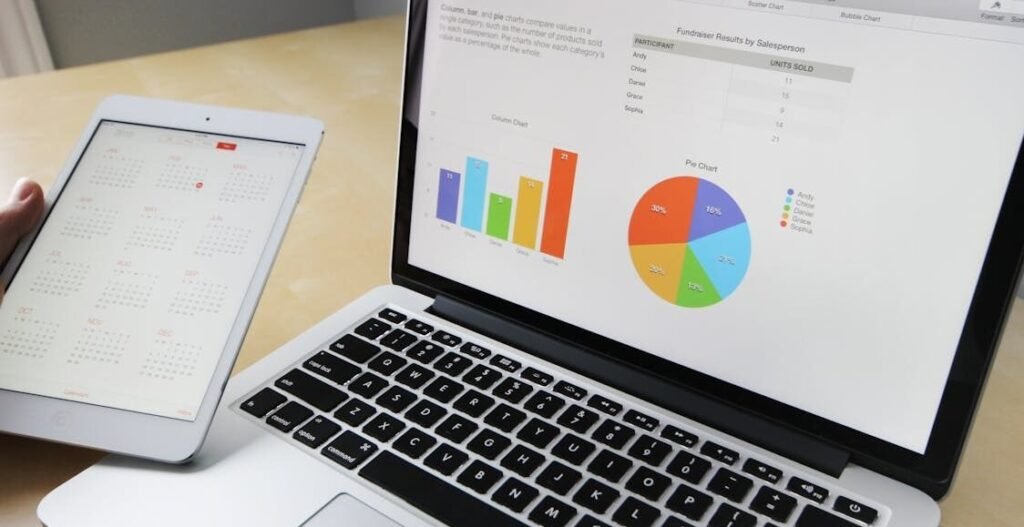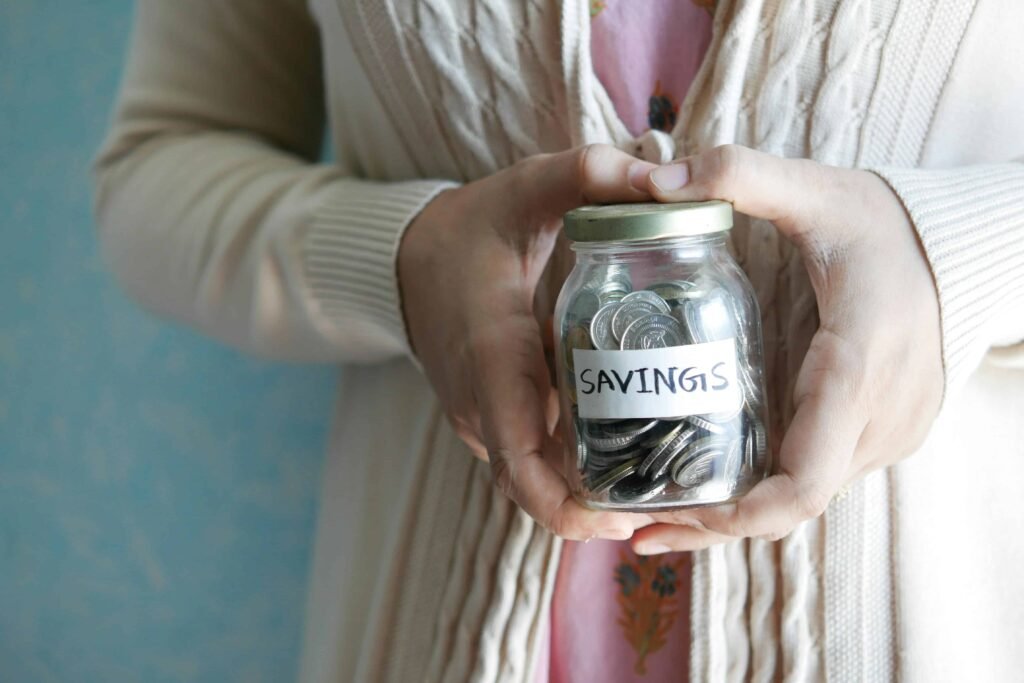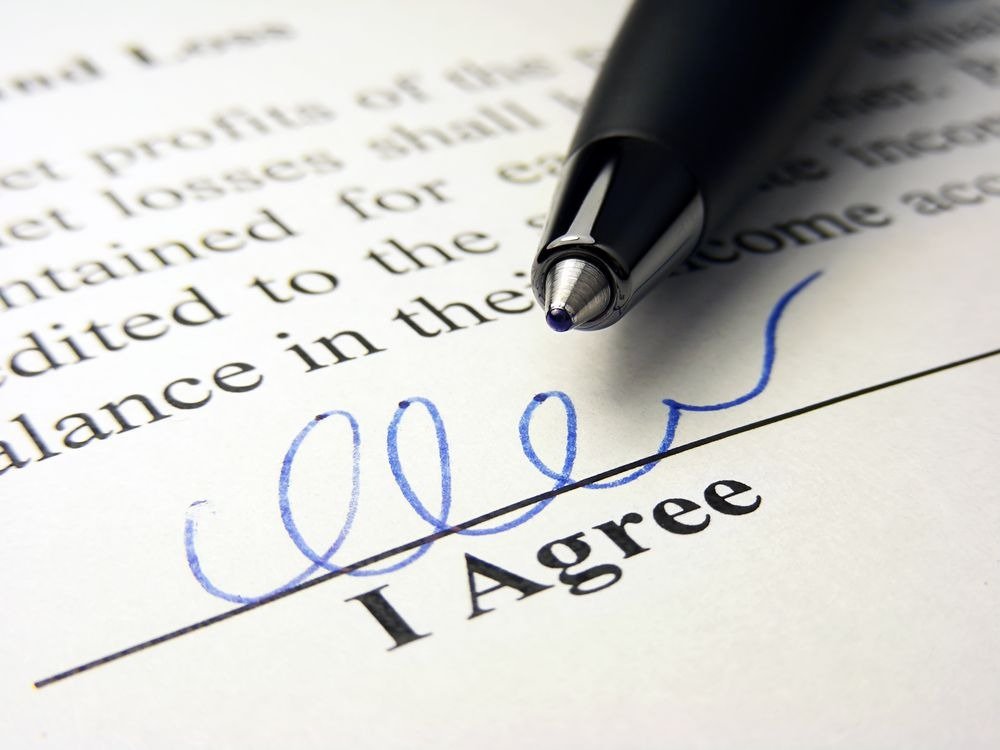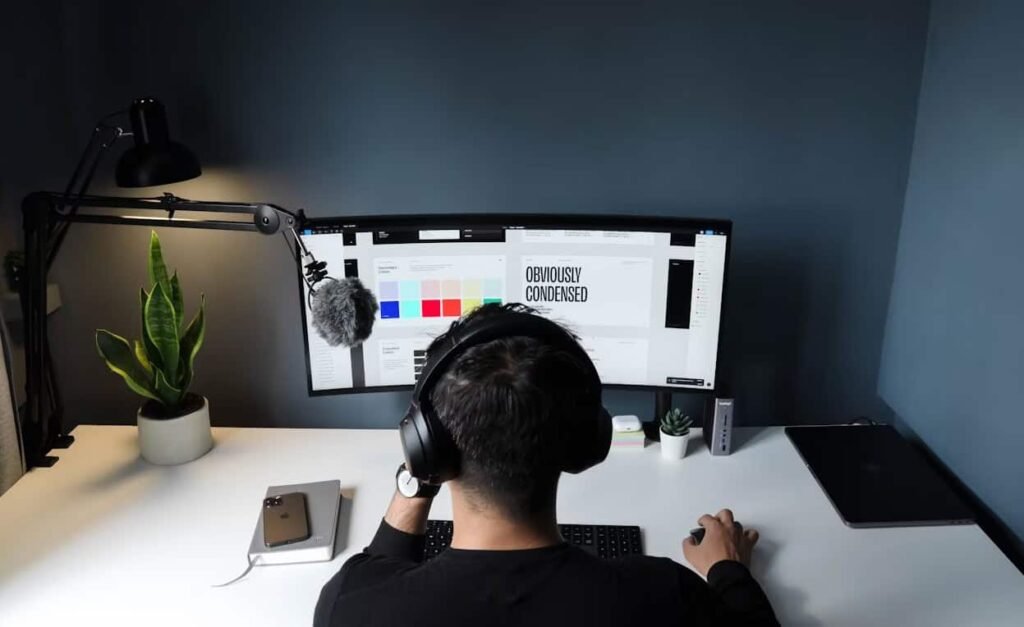Starting to save for an apartment at 18 can feel exciting but also a little overwhelming. From balancing a job and income to maintaining a good credit score, every step matters.
When I first looked for my own place, I realized that having steady savings was just as important as finding the right landlord. A co-signer can also be a big help, acting as a safety net if your monthly payments become a challenge.
Building Financial Readiness
If you’ve just graduated and are ready to move, the process can seem challenging without credit history. But there are ways forward. Focus on proving your sufficient funds, finding practical solutions, and making considered decisions.
Some young adults choose to acquire extra support through tools like budgeting apps or advice from others who’ve gone through it. Think of these additional steps as small functions that prepare you for independence and make renting more easily achievable.
- Save steadily from your job and track income
- Work on building a small credit score early
- Ask a co-signer to strengthen your application
- Use simple financial tools to stay organized
Why Saving Money Early Matters When Renting an Apartment at 18
When you plan to rent an apartment at 18, most landlords will have certain requirements. They usually want to see steady income that can cover the monthly costs and sometimes ask for a deposit or even security funds.
From my own experience, learning how to budget early helped me feel more steady and confident when I first applied for housing. It’s not just about having money—it’s about showing you can afford it.
If you’ve just turned 18, you’ll need to demonstrate financial responsibility. That means building savings for move-in costs, maintaining a stable income, and keeping a good credit history. A simple plan is to focus on small goals:
- Put aside enough to cover your monthly rent and a significant deposit
- Track expenses to stay within what you can afford
- Keep savings growing for emergencies and future requirements.
How to Save Money for an Apartment at 18 (Step-by-Step)
Create a Savings Budget at 18
When planning to get an apartment at 18, the first step is creating a savings and budget that includes more than just rent. Every expense matters, such as utilities, Wi-Fi, food, and other essentials. Many experts suggest keeping rent around 30% of your income, using this metric to know what you can realistically afford.
It’s important to start paying attention to your own spending patterns. Always factor in different costs, create a clear plan, and set practical limits. Following what experts recommend helps ensure you save enough and manage your money effectively.

Research Apartments Within Your Savings Goal
After setting a budget, the next step is exploring apartments that fit within your savings goal. Consider your price range carefully, as the number of options may vary depending on where you want to live.
By looking into different neighborhoods and reviewing what’s available, you increase your chance of finding something that works.
Stay patient and keep identifying the choices that match your situation. Eventually, you’ll be able to choose wisely. Remember to set clear priorities before you start, so when you do find a place that works, it feels right for both your needs and your budget.
Documents to Save and Prepare at 18
When applying for an apartment, you may be asked by a broker or landlord to complete a rental application. This requires providing information about your employment and sometimes submitting documents to verify your income.
Keep items like pay stubs, an employment letter, and tax returns ready. Having these basic, current papers to submit when found a place shows reliability and makes the process likely smoother when you’re asked to send proof about yourself.

Saving Extra Money Helps You to Get Approvel Faster
When a landlord starts to review your application, they may look at your income, credit history, and other requirements before they decide to approve or deny. Having extra funds set aside shows that you can afford the rent and even pay some upfront if needed. This can make your apartment search smoother and more convincing.
To further persuade a landlord, you might use a guarantor with strong financial credentials who agrees to cosign a loan. If you’ve applied and are nervously awaiting an answer, saving more can boost confidence that you’ll get approved. By planning ahead, you can expect better results and show responsibility at a young age.

Move-In Costs You Must Save for at 18
When you sign a lease, be prepared for the expenses that come before you move. Your date usually starts on the 1st of the month, though a landlord may agree to adjust the term if you begin early in exchange for prorated rent.
After the signing, you’ll need money set aside for essentials like keys, setting up your unit, and moving stuff in. Being allowed to pick up the keys on time depends on how well you find and begin planning for these costs, which are typically due right away.
Saving Hacks for Getting an Apartment at 18 with Limited Money
Creating a Budget Even If You’re Earning Little at 18
At 18, it’s important to create a budget that matches your earning and available money. Start by calculate your income from a part-time job, earnings, or financial aid.
Decide how much you can afford to spend on rent, expenses, and other necessities like utilities and food. When you determine a realistic plan, it becomes essential for managing costs and keeping your savings steady.
Saving Tips for Cheap Apartments & Roommates at 18
When you’re 18 and short on funds, focus on saving by exploring tips that make living easier. Start researching affordable housing options in your area and check for apartments with lower rents.
Another smart move is choosing shared living arrangements, where you split the costs with roommates. This helps reduce overall costs and keeps things cheap without compromising on essentials.

Simple Saving Strategies for Teens Living Alone
For teens living alone, creating simple saving strategies can make a big difference, even if it feels challenging at first. When you’re just starting out with limited money, every choice helps.
Try to cut expenses by cooking at home instead of eating out, or use public transportation instead of owning a car. You can also focus on finding free or low-cost entertainment options that keep your budget balanced.
How Assistance Programs Can Help You Save for an Apartment
Many assistance programs are designed to help young adults save for an apartment. These may come from the government or nonprofit groups that focus on housing support.
By doing research in your area, you can find options that provide rental subsidies, vouchers, or other resources for individuals in need. Taking advantage of what’s available can ease the pressure of limited income and make saving more manageable.
How Smart Saving Habits Build Credit at 18
Building good credit is one of the smartest ways to secure a place to rent an apartment, even if you have little money upfront. You can start by applying for a secured credit card or becoming an authorized user on a family member’s account to establish a solid credit history. With these steps, even a low score can improve over time.
Still, it’s significantly harder to get approved with no credit, and many landlords prefer avoiding check-free housing. But if you stay consistent and come prepared with proof of responsibility, your saving and credit habits will work together to open more rental opportunities.
How Saving Enough Helps Avoid Relying on a Cosigner
When trying to rent an apartment on your own, many young people ask a family member or trusted friend to cosign the lease or act as a guarantor. This person becomes responsible for paying the landlords if you’re unable to cover costs. While this offers assurance, it also means depending on others.
By focusing on saving enough and planning ahead, you can consider asking less for outside help. Building your funds and providing proof of stability gives you additional confidence to manage housing independently without relying too much on others.

How Saving Upfront Cash Helps You Negotiate Better at 18
When looking for an apartment, having upfront savings gives you the power to negotiate with landlords about your situation. They may be more open to lower monthly rent, accept flexible payments on a different schedule, or even reduce the security deposit. You can also suggest installments or modify the lease agreements to include more flexible termination options.
Many private landlords are easier to work with than corporate management companies. If you clearly explain without being afraid, and show you’re looking prepared with an amount to allow, they may be more willing to make terms easier or different from standard contracts. Always check what can be adjusted to save money.
What Savings You Need to Get Your First Apartment at 18
1. A Job So You Can Pay Rent
Getting your first apartment means having a steady job to pay rent and show reliable income that matches landlord requirements. In New York City, many landlords require around 40x the rent to qualify, while conditions can be laxer in other places.
Without parents cosigning the lease, you’ll need to afford the full amount. Where you live plays a role, but the first thing is focusing on what’s needed, depending on the situation and each instance of local rules.

Money for a Security Deposit
Before applying for an apartment, you need to save enough money for a security deposit. This refundable sum is held by the landlord to ensure you abide by the lease terms and avoid damage.
When you sign the lease, landlords will typically ask for the first month’s rent plus the security deposit. To prepare, start early, plan for at least this amount, and keep making sure you save accordingly so you can meet what landlords want.
References
If you don’t yet have much employment or credit history, strong references can vouch for your character and sense of responsibility when applying for an apartment.
A previous landlord may not be an option for your first place, but you can ask a teacher, employer, or community leader with firsthand knowledge of your honesty and integrity. These voices carry weight and show you’re likely ready even without lengthy records, proving you meet the need for trust and reliability.
Possibly a Credit Check
A landlord will often check your credit to verify if you’re financially responsible, even at 18. If you haven’t had much time to build credit, it may help to apply for a credit card, start making regular payments, and establish a history before going for an apartment.
This way, when you had little credit, showing at least some record will typically make you stronger as a renter before applying.
Money for a Utility Deposit
When you rent and choose to live independently, your expense goes beyond just monthly payments—you also need to pay for utilities. To access water, heat, and electricity, you must create an account with a utility company, and they may require a deposit.
If you fall behind on payments, this protects them, so be sure to budget carefully and ask about the exact costs in advance.
Is It a Good Idea to Save for an Apartment at 18 (Or Wait)?
Getting an apartment at 18 may seem like a great idea, but it really depends on your situation. For some, the choice comes from leaving home for school or when parents are no longer willing or able to support them.
It is a significant financial commitment that can feel tricky without enough employment history, a solid credit record, or if you’ve not been saving for longer. Thinking carefully is always a good step.
Renting at 18 works best if you have at least one year of savings to pay the deposit and rent. Without enough money or credit history, you might consider a flat with roommates.
This could be the best time to share instead of living on your own. If you don’t have enough, it may indicate that saving for at least another year is wiser, though you can still prepare for independence gradually.
Frequently Asked Questions
How should an 18 year old save money for an apartment?
An 18 year old can start saving by creating a strict budget, tracking expenses, and setting aside a portion of every paycheck or allowance.
Cutting down on non-essentials like eating out, subscriptions, or impulse shopping can speed up the savings process. Even small amounts add up over time when saved consistently.
How much money should I save before renting my first apartment?
Ideally, you should save at least three months of rent, plus extra for the security deposit, moving costs, and utilities setup. For most young renters, this usually means saving between $3,000 to $6,000, depending on location and rent prices
Is $5000 enough to move out at 18?
$5000 can be enough to move out at 18 in some areas with low rent, especially if you share an apartment or live in a smaller town. However, in big cities, $5000 may only cover initial deposits and a few months’ rent. It’s best to calculate your local rent, utilities, and daily expenses before deciding.
How do I save for a security deposit at 18?
Start by setting a savings goal for your deposit, usually equal to one month’s rent. Put money aside each week into a dedicated savings account. Cutting down on entertainment costs, taking a part-time job, or selling unused items can help you reach your deposit savings faster.
How do I get an apartment at 18 with no credit?
You can still get an apartment at 18 with no credit if you:
- Show proof of savings and stable income.
- Ask a parent, relative, or trusted friend to co-sign.
- Offer to pay a few months’ rent upfront.
- Look for landlords who accept first-time renters without strict credit requirements.
How much should I save each month for an apartment at 18?
A good rule is to save at least 30% of your income toward rent and living costs. If you earn $1,500 per month, set aside at least $450. Automating your savings or using budgeting apps can make this easier.
What are some smart ways to save money as a teenager?
- Start a side hustle (freelancing, tutoring, delivery apps).
- Cook at home instead of eating out.
- Use public transport instead of owning a car.
- Avoid unnecessary shopping and stick to essentials.
- Save birthday money or bonuses instead of spending it immediately.
How long does it take to save for an apartment at 18?
This depends on your income and expenses. If you save $300 per month, it might take 10–12 months to save $3,000 for deposits and initial costs. With a higher savings rate or extra income streams, you could reach your goal faster.
Disclaimer: This post is for informational purposes only and does not constitute financial, legal, or professional advice. Every individual’s situation is different, and you should carefully consider your own income, expenses, and goals before making financial decisions. Please consult a qualified advisor if you need personalized guidance.

